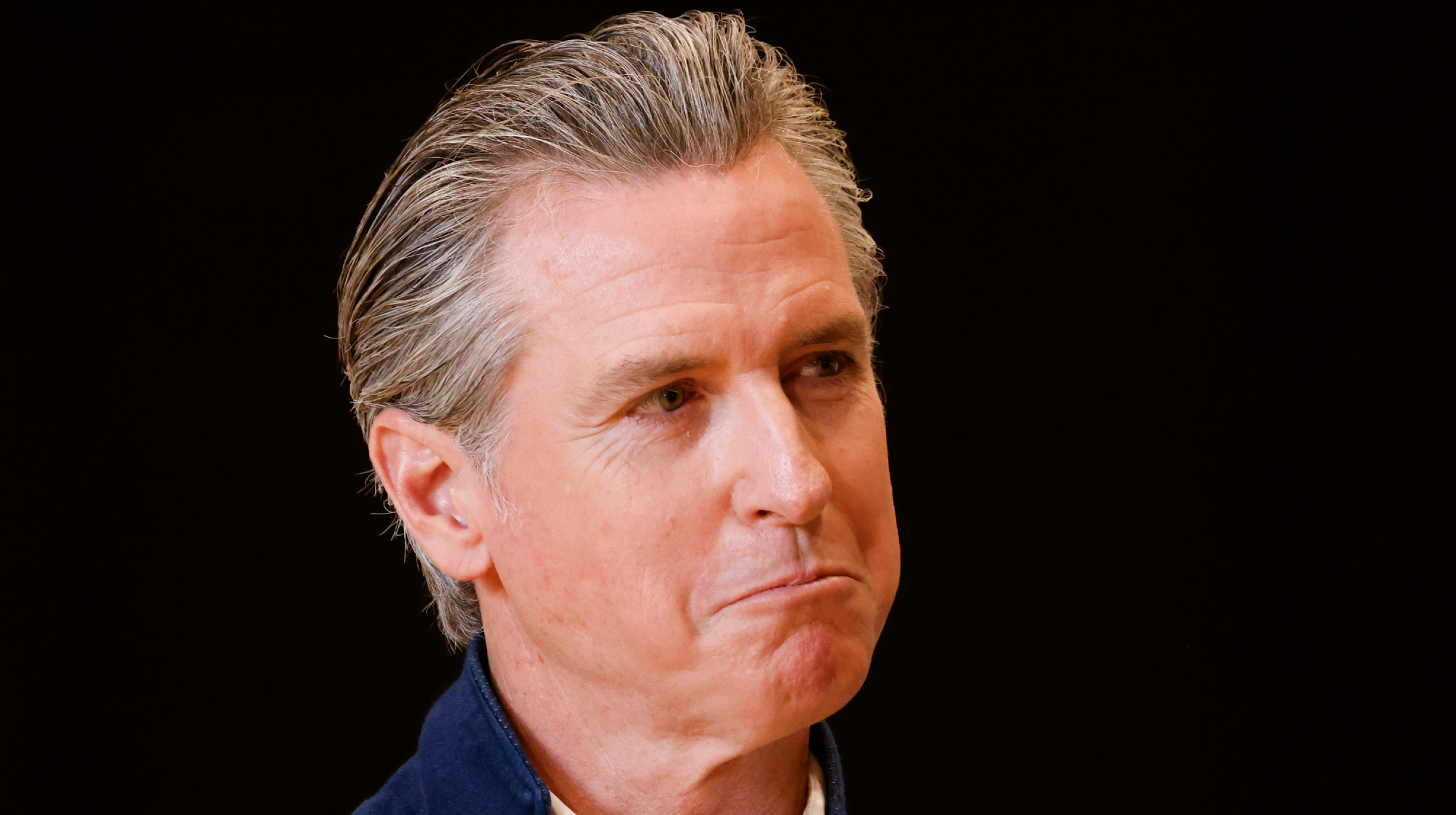Why you should avoid best-selling books
If you read what everyone else reads, soon you'll start thinking like everyone else

We all know we should read more. Few of us do.
Well, last year I made reading a priority and ended up reading 161 books cover-to-cover. I reasoned that if reading was the key to getting smarter, I wouldn't let anything get in my way.
What I learned most from my year of reading surprised me because it wasn't found in any particular bit of knowledge in any of the books I read. The big lesson was a simple heuristic: Avoid most best-selling books. These books are not fertile ground for learning and acquiring knowledge. In fact, most are forgotten within a year or two. Why learn something that expires so quickly?
Subscribe to The Week
Escape your echo chamber. Get the facts behind the news, plus analysis from multiple perspectives.

Sign up for The Week's Free Newsletters
From our morning news briefing to a weekly Good News Newsletter, get the best of The Week delivered directly to your inbox.
From our morning news briefing to a weekly Good News Newsletter, get the best of The Week delivered directly to your inbox.
Well let's start with this question: Why do we read best-sellers in the first place? You know you want to read. You know you should read. But often, you have no idea what to read. When you don't know what to do in life, you often look to others. This is social proof, and it's a powerful force, especially in situations of uncertainty.
If you read what everyone else is reading, it's going to feel good. You're even going to get some positive reinforcement out of it when you talk to your friends about your latest read. Maybe they've read it, too. Or at least they've heard of it and have the sense that it's a worthwhile endeavor. You'll seem hip and in the know.
But this is a horrible way to build knowledge.
If you read the best-sellers, by definition, you're reading what everyone else reads. And if you read what everyone else reads, odds are you're going to start to think like everyone else. If you think like everyone else, you're not going to think differently and creatively, stifling your ability to stand out and excel.
A free daily email with the biggest news stories of the day – and the best features from TheWeek.com
Another big problem: A lot of the books on the bestseller list expire quickly. They have a half-life. Spending your time learning this stuff is stepping on the Red Queen treadmill. You'll have to spend more and more of your time and effort just to stay in the same place.
A better approach is to learn things that don't change quickly — or at all. This is foundational knowledge. Learn the big ideas from multiple disciplines. These will form the foundation to future reading and learning.
So for example, if you want to learn about psychology, the best place to start isn't with a current best-seller, but rather with Robert Cialdini's The Psychology of Influence. Not only has this book stood the test of time, but the ideas and concepts in it are rooted in human nature. Or if you want to learn about philosophy, the best place to start is with the Stoics. Not only is this readable — more readable than most current philosophy books — but it will help you deal with the problems you face today: materialism, knowledge, death, love, and suffering.
Sure, cherry-picking books off the best-seller list may arm you with conversational ammo that will make you seem in the know. But to truly get smarter, go beyond what's hot and delve into books that have endured. Your brain will thank you.
Shane Parrish is a Canadian writer, blogger, and coffee lover living in Ottawa, Ontario. He is known for his blog, Farnam Street, which features writing on decision making, culture, and other subjects.
-
 Gavin Newsom mulls California redistricting to counter Texas gerrymandering
Gavin Newsom mulls California redistricting to counter Texas gerrymanderingTALKING POINTS A controversial plan has become a major flashpoint among Democrats struggling for traction in the Trump era
-
 6 perfect gifts for travel lovers
6 perfect gifts for travel loversThe Week Recommends The best trip is the one that lives on and on
-
 How can you get the maximum Social Security retirement benefit?
How can you get the maximum Social Security retirement benefit?the explainer These steps can help boost the Social Security amount you receive